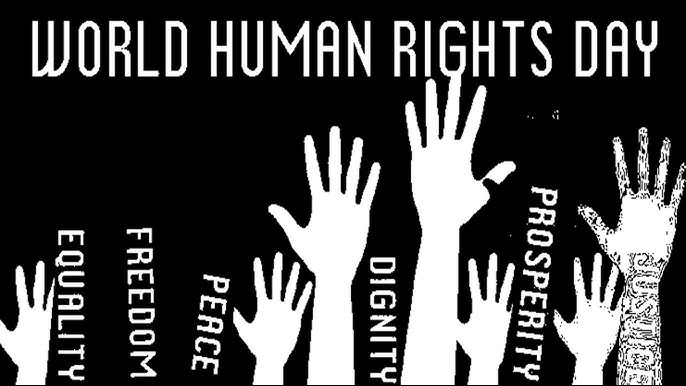
This basic idea, which supports equal respect, is in line with human ideals and promotes kindness, fairness, and an understanding of every person’s value.
This date was selected to honor the United Nations General Assembly’s December 10, 1948, ratification of the Universal Declaration of Human Rights (UDHR). Regardless of nationality, origin, gender, or religion, all people are able to the fundamental freedoms and rights outlined in the Universal Declaration of Human Rights (UDHR).
Human Rights Day: What is it?
Human Rights Day is a worldwide celebration that aims to increase public awareness of human rights relates to and promote global human rights conservation.
It provides a chance for people, governments, and organizations to consider the achievements made in the defense of human rights and to discuss current problems.
How Human Rights Day Should Be Celebrated:
You don’t need to go much more for suggestions on how to commemorate Human Rights Day! On this day, consider these fantastic suggestions for starting started on changing the world in a tiny but significant way:

Look Around
Spending some time reflecting on the impact this resolution has had on the globe, society, and the lives of individuals is a significant way to commemorate Human Rights Day.
Examine the surrounding area to observe the local impacts and the charitable efforts being undertaken to improve the health and well-being of the less fortunate.
Human Rights: What Are They?
Human rights are essential liberties and rights to which all people receive only by reason of their humanity.
A vast array of civil, political, economic, social, and cultural rights are included in human rights, such as but not restricted to:
- Nobody should be subjected to harsh, damaging, or abusing treatment. Cruel or harsh punishments are never acceptable.
- Education is essential for the development of the individual as well as the society, and everyone has the fundamental right to receive it.
- Freedom of expression: People are allowed to voice their thoughts without worrying about punishments or restrictions.
- Fair treatment and the right to work: Everyone has the right to safe working conditions, reasonable pay, and the chance to work.
Freedom from inequality: Regardless of gender, nationality, race, faith, or any other status, everyone has the right to receive the same treatment. Participation in government: Everyone has the right to take part in the political and cultural life of their nation, including casting votes and running for office.
Many national laws and legal systems around the world are based on these rights, which are protected by important international agreements like the Universal Declaration of Human Rights (UDHR) and other United Nations treaties. The basis of equality, justice, and peace are human rights.